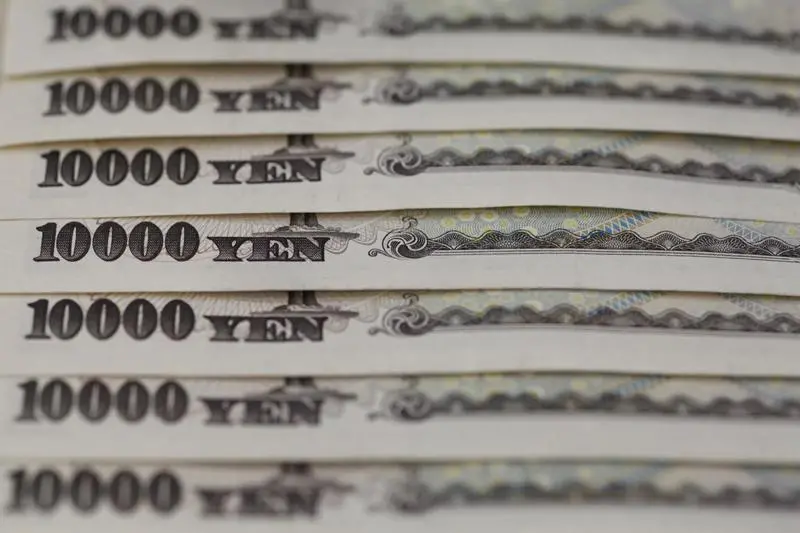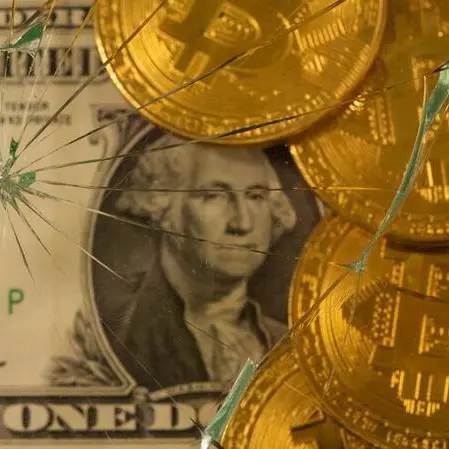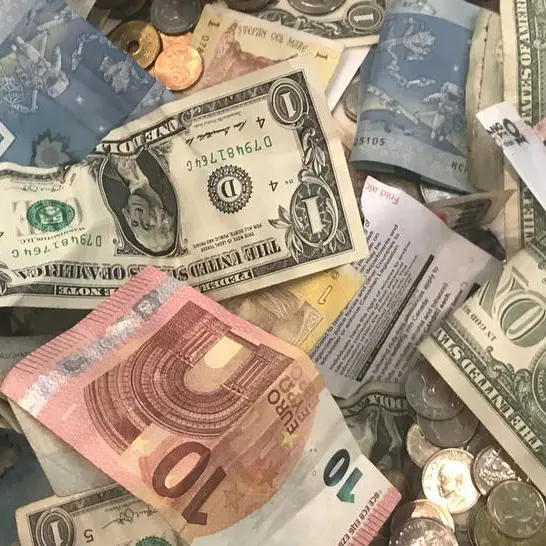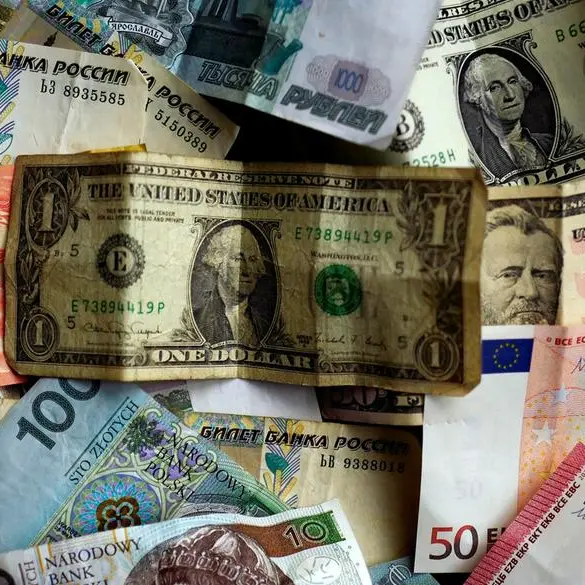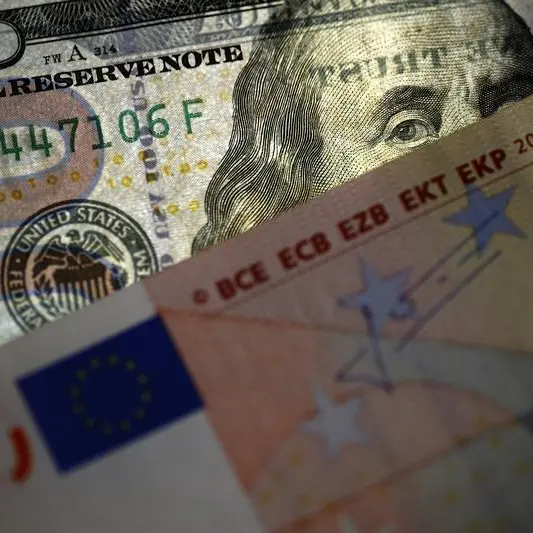PHOTO
Japan will act appropriately against excess movements on the foreign exchange market, former currency chief Masato Kanda told Reuters, issuing a warning as the country continues to feel pain from a weaker yen.
Kanda, now a special adviser to Prime Minister Shigeru Ishiba and the finance ministry, said in an interview that currency market volatility had increased reflecting recent changes in monetary policies and political situations in major countries.
"There is no change to our stance that we will need to respond appropriately to excess movements on the currency market as excessive foreign exchange volatility is undesirable," he said.
Kanda's warning came as the Japanese currency weakened to a three-month low of near 155 to the dollar, edging closer to the 160 threshold that traders see as the authorities' line in the sand.
During his three-year tenure as vice finance minister for international affairs, Kanda carried out the first yen-buying intervention for 24 years in 2022 and led the biggest yen-buying intervention on record this year.
He stepped down at the end of July this year and is poised to become the next head of the Asian Development Bank.
Japan's trade no longer generates a surplus due to a surge in the cost of energy imports and an increase in offshore production, reducing the weak yen's positive impact on exports.
"We are observing a situation again where a weaker yen pushes up import costs and inflict pain on ordinary people's lives," said Kanda.
Meanwhile, he said, the falling yen no longer prompts export-oriented companies to boost exports as they don't seek to increase market share with price reductions and instead shift production abroad.
"All in all, there are more people who say the weak yen is more painful," he said.
Kanda said that, while short-term movements are vastly driven by speculation, the only solution to stem the yen's weakness in longer term is to strengthen the economy through structural reforms.
"The weak yen essentially means an outflow of wealth such as it increases expenditure for energy imports," he said.
(Reporting by Tetsushi Kajimoto and Makiko Yamazaki; Editing by Toby Chopra)
